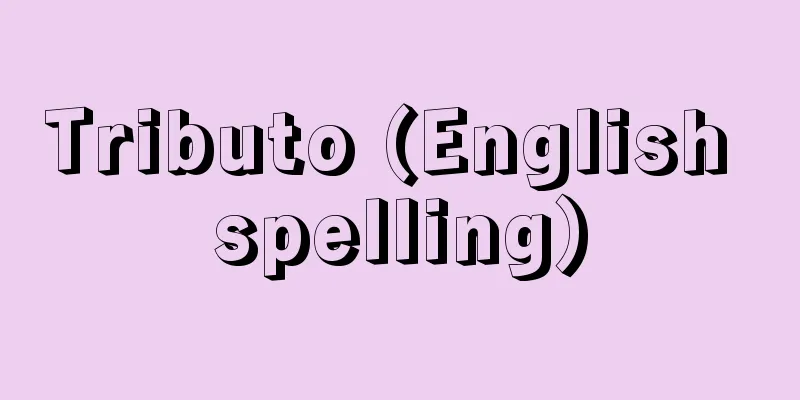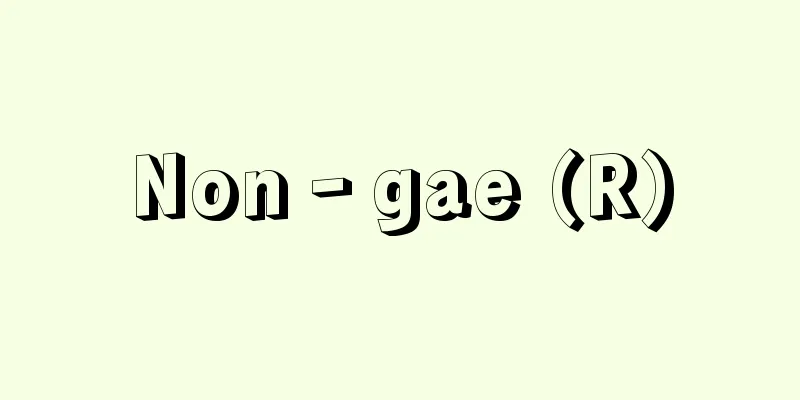Lifelong tribe

|
...The three highest varnas were called the reborn castes (dvija), and boys from these castes were initiated (upanayana (second birth)) at about the age of ten, and were given the right to participate in Vedic rituals as members of Aryan society. In contrast, the shudras were considered to be the eternal castes (ekaja), who could not be initiated, and suffered various religious, social, and economic discrimination from the reborn castes. And below the shudras were the untouchables (today called scheduled castes), who were placed outside the framework of the four varnas. From [Shudra]...In the late Vedic period, when the Varna system was established, the Shudras were mainly indigenous people who came under the rule of the Aryans who had advanced into the upper reaches of the Ganges River. They were called Ekaja (people of the first generation) and were excluded from the Vedic religion led by the Brahmins, and were discriminated against in all aspects of social life by the three higher Varnas (Dvija (people of the second generation), Aryas) of Brahmins, Kshatriyas, and Vaishyas. According to the Hindu Code, the duty of the Shudras was to serve the three higher Varnas as slave laborers or artisans. From [Varna]...Boys belonging to the reborn caste undergo upanayana (initiation, second birth) at about the age of 10, and are given the right to participate in Vedic rituals as members of Aryan society. In contrast, the Shudras were considered to be eternal caste (ekaja, those who are only born from the womb) who could not undergo initiation, and suffered various forms of discrimination from the reborn caste. Also below the Shudras were the untouchables, who were placed outside the four Varnas and were either "without Varna" or "the fifth Varna."... *Some of the terminology explanations that refer to the "Issho-zoku" are listed below. Source | Heibonsha World Encyclopedia 2nd Edition | Information |
|
…4バルナのうち上位の3バルナは再生族(ドビジャdvija)と呼ばれ,これに属する男子は10歳前後に入門式(ウパナヤナupanayana(2度目の誕生))を挙げ,アーリヤ社会の一員としてベーダの祭式に参加する資格が与えられる。これに対しシュードラは入門式を挙げることのできない一生族(エーカジャekaja)とされ,再生族から宗教上,社会上,経済上のさまざまな差別を受けた。そして,シュードラのさらに下には,4バルナの枠組みの外におかれた不可触民(今日では指定カーストscheduled casteと呼ばれる)が存在した。… 【シュードラ】より…バルナ制度が成立した後期ベーダ時代にシュードラとして位置づけられたのは,主としてガンガー(ガンジス川)上流域に進出したアーリヤ人の支配下に入った先住民であった。彼らはエーカジャekaja(一生族)と呼ばれてバラモンの指導するベーダの宗教から除外され,バラモン,クシャトリヤ,バイシャの上位3バルナ(ドゥビジャdvija(再生族),アーリヤ)から社会生活のあらゆる面で差別を受けた。ヒンドゥー法典の定めるところによると,シュードラの義務は隷属的労働者や職人として上位3バルナに奉仕することであるという。… 【バルナ】より…再生族に属する男子は10歳前後にウパナヤナupanayana(入門式,2度目の誕生)をあげ,アーリヤ社会の一員としてベーダの祭式に参加する資格が与えられる。これに対しシュードラは入門式をあげることができない一生族(エーカジャekaja,母胎から生まれるだけの者)とされ,再生族からさまざまな差別を受けた。またシュードラのさらに下には,4バルナの枠の外に置かれた〈バルナをもたない〉あるいは〈第5のバルナ〉の不可触民が存在した。… ※「一生族」について言及している用語解説の一部を掲載しています。 出典|株式会社平凡社世界大百科事典 第2版について | 情報 |
>>: Group instruction - Issei Shido
Recommend
royal mercantilism
...The process of change can be broadly divided i...
Handball - Handball (English spelling)
A sport in which two teams pass and dribble the b...
Ludwigia epilobioides (English name) Ludwigiaepilobioides
…[Takemi Shimizu]. . … *Some of the terminology t...
Crassostrea angulata (English spelling)
…[Hiroshi Aramata]. … *Some of the terminology th...
Ust-Kan Caves
… [Middle Paleolithic Period] In East Asia, the M...
Easy clothes - Easy clothes
〘 noun 〙 A simple dress. Often used as summer home...
Friedrich, K.
… One of the ideological sources of Enlightened a...
Danelaw
…Alfred united the English army and fought, and a...
Gigantorana goliath
… [Takahiro Matsui]. … *Some of the terminology t...
Yanaizu [town] - Yanaizu
A town in Kawanuma County in western Fukushima Pre...
Artistic
…Manierismo in Italian. A word derived from the I...
Cassius Gold - Cassius Gold
…However, its appearance varies depending on the ...
Terpene - Terpene (English spelling)
Among the main components of essential oils, comp...
Tozan School
〘Noun〙 A sect of Shugendo. Its founder was the Shi...
Meyer-Eppler, W.
...The following is the birth and development of ...


![Mississippi [river] - Mississippi](/upload/images/67ccf03fa44d3.webp)






